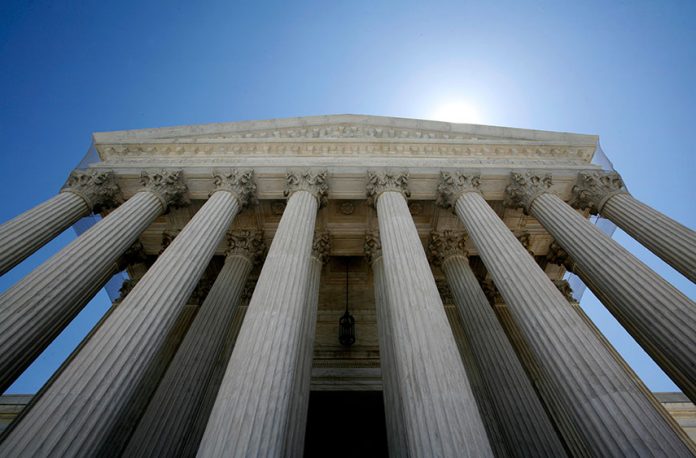The U.S. Supreme Court announced Monday that it will hear a case that could have huge implications on the rights of Christian and other faith-based adoption and foster care agencies to turn away LGBT couples on grounds of religious beliefs.
The country’s high court will hear the case brought on behalf of a Catholic foster care parents who sued the city of Philadelphia for no longer placing children with Catholic Social Services because the organization does not place children in the homes of lesbian or gay couples.
The case of Fulton v. Philadelphia dates back to 2018 when city officials moved to stop the placement of children in homes of foster parents affiliated with CSS of the Archdiocese of Philadelphia and Bethany Christian Services of Greater Delaware Valley.
Both organizations prohibited the placement of children with same-sex couples and the city argued that it wanted to prevent discrimination against the LGBT community.
While Bethany Christian Services eventually agreed to change policy to continue working with the city, foster parents and others who’ve worked with CSS filed a legal challenge to the city’s move on grounds that it violates the First Amendment of the U.S. Constitution.
Plaintiff Sharronell Fulton had fostered as many as 40 kids during her 25 years of working with Catholic Social Services. Fellow plaintiff Toni Simms-Busch is a former social worker who adopted her foster children through CSS.
According to Becket, CSS was the “most successful” foster care agency in the city. The city stopped partnering with the organization at a time when the city admitted there was an “urgent” need for as many as 300 new foster families with over 6,000 kids in the system.
The plaintiffs were defeated in both the federal district court and federal appeals court. The Third U.S. Circuit Court of Appeals ruled in favor of the city last April.
In its ruling, the Third Circuit contended that the First Amendment “does not prohibit government regulation of religiously motivated conduct so long as that regulation is not a veiled attempt to suppress disfavored religious beliefs.” The court also rejected the argument that city officials acted out of anti-religious bias.
CSS had argued that city officials displayed an anti-religious and anti-Catholic bias during a meeting between city leaders and leaders from CSS in 2018.
SOURCE: Christian Post, Samuel Smith
All Content & Images are provided by the acknowledged source



